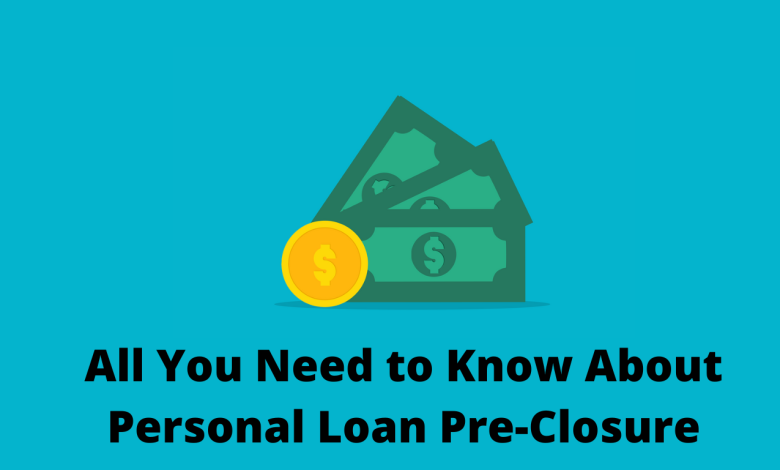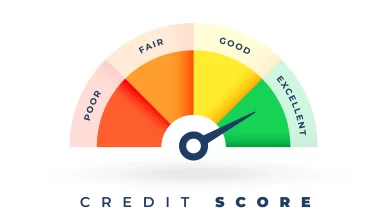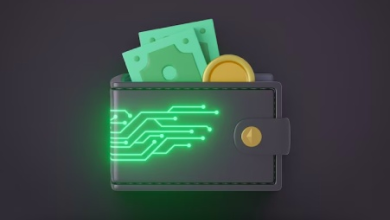
To fulfill a variety of needs in life, one applies for a loan. These loans include business loans personal loans auto loans and more. The loan’s repayment is the next major obligation after being granted. There is a distinct interest rate for each form of a loan.
The loan amount must be repaid over a predetermined time period by the borrower in monthly installments with interest. Some borrowers find paying interest to be financially stressful. If that is the case, customers have the option of prepaying the debt entirely or in part. You must comprehend loan payback conditions to take advantage of whatever repayment schedule you choose.
What is a personal loan pre-closure?
Pre-closing, often known as foreclosure, is when a loan’s outstanding principal is paid off in full before the loan’s term has run out. The legal process greatly lowers the interest liability. Additionally, it helps close the loan account far before the term is out.
Borrowers must submit an application to the appropriate lending institution or bank in order to pre-close or foreclose on a loan. After accounting for all of the debts still owing, the remaining loan term, and interest payments, the lender will determine the foreclosure balance. You can pay off the amount and close the loan if the calculations and the amount are accurate.
A personal loan typically has a one-year lock-in period, depending on the lender’s terms. After this point, you can prepay the remaining sum and settle the loan account. After settlement, make sure to get the “No-dues” certificate and the original paperwork from the bank or lending organization.
The bank or lender may foreclose on the loan in several circumstances. The problem occurs when the borrower is unable to make the loan payment and misses an EMI. The lender holds an auction for the borrower’s security. The lender forecloses the loan account once the sum raised is equal to the amount of the outstanding loan balance.
Is personal loan pre-closure a good idea?
In the following situations, it would be smart to pre-close a personal loan:
Reduces your debt burden
If you have enough money on hand, you can repay the loan in full before the term expires. To find out if there are any pre-closure penalties, you should speak with your bank. The pre-closure facility lessens your debt, making it a wise choice for your financial stability.
No impact on your credit score
Your credit score is unaffected by the pre-foreclosure or foreclosure of the Personal Loans. If you subsequently request a loan, lenders will continue to have faith in your ability to make payments on schedule.
Refrain from pre-closure of the loan in the latter stages
Pre-closing your personal loan wouldn’t be a good move if it were nearing the end of repayment. You won’t be able to save enough money, and you’ll also have to pay penalties. Before choosing to pre-close your personal loan in the closing stages, perform a cost-benefit analysis.
Charges
The bank imposes a penalty of 5% per year of the outstanding balance plus additional applicable fees when you request a pre-closure of a loan.
Pre-closure procedure
You may want to think about preclosing your personal loan if luck is in your way and you manage to keep the total amount still owing. You can save a lot of money on interest if you prepay your loan in full and early on in the payback period. As we said personal loan often has a lock-in period of approximately one year after which the entire amount still owing can be paid off, essentially preclosing the loan. If you choose to close your personal loan early, take the following actions:
- Speak with the branch where your loan account is located. Ensure that all of your documents are accessible to you. You should always keep your checkbook on you.
- Speak with the relationship officer in person and let them know you want to close your personal loan early.
- You will be required to provide a DD or check, and the loan officer will compute your outstanding balance as well as any relevant penalty fees (which are typically 1-2 percent of your outstanding balance).
- The lender will process your check or demand deposit, and the money will be taken out of your bank account.
- Ensure that you keep the acknowledgment receipt from the pre-closure. Within two weeks, lenders typically provide confirmations of pre-closing.
Documents required for pre-closure
- The account number for the Personal Loan that you want to prepay. It is accessible through online banking or your loan statement.
- Identity proof
- documents issued by the lender that are related to loans, such as your loan approval letter, a loan account statement, a pre-payment statement, or any other such document.
- In the event of a pre-closure, you should request a pre-closure quote from the bank or NBFC representative.
- To pay the pre-payment sum, use a check or demand draft (DD).
Personal loan pre-closure calculator
To determine how much you owe the bank and the associated penalties, utilize a personal loan pre-closure calculator. A personal loan pre-closure calculator is available from a number of online resources.
To conclude
Many personal loan borrowers attempt to pre-close or part pay off their loans as and when they have the extra money in an effort to lessen their debt burden. Even while closing a loan is a liberating experience, banks and NBFCs charge up to 5% of the total amount owed as a pre-closure fee, which may not be worth it if you plan to pre-close your personal loan later in the loan’s term. Therefore, it is wise to research the personal loan pre-closure and part-payment fees before applying for a loan. But if you already have a personal loan that you intend to pay off early, think about your financial circumstances, perform a cost-benefit analysis to determine how much money you will be able to save, and only choose to do so if you can save a significant sum of money.





